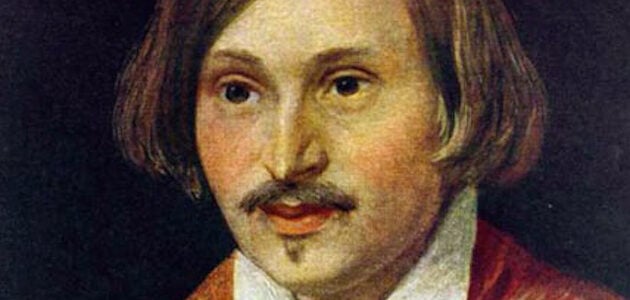
The Government Inspector
We constantly harp on about the importance of reading plays, even going as far as to say that you should be reading 8 plays a week! But I want to make a confession – I wasn’t taking my own advice. I was going to see a lot of theatre, but I wasn’t taking the time to read plays. However, I recently broke my play reading drought with Nikolai Gogol’s “The Government Inspector”.
I was familiar with the title but had never seen or read the play before. A Russian play published in 1836 didn’t necessarily fill me with excitement, and I was sure I was in for a slog. However, this play is a banger! Sometimes reading classic plays like The Government Inspector can feel like a chore, but this one was a lot of fun, and genuinely very funny.
A satirical masterpiece, The Government Inspector, is basically a comedy of errors. It’s a classic tale of mix up and confusion, and I can’t recommend it enough. This was an important play and it has influenced comic writing to this day. Though written nearly 200 years ago, this play still makes you laugh out loud and is a worthwhile read.
The play is set in a small Russian town, far from either Moscow or St Petersburg. One get’s the impression it is an inconsequential town, removed from the action and danger of the major Russian cities. The mayor and other corrupt officials of the town are thrown into panic at the news a government inspector has come to town. The town has been neglected over many years and is in a terrible state. There is rubbish in the streets, corruption in the air, and even the local judge is breeding puppies in his courtroom. The mayor is sent into overdrive, desperately attempting to fix up the town. But knowing it’s in a poor state, his goal is to win over the inspector with charm, and maybe a little something on the side.
Spoiler: the mayor heads to the local inn to meet the man thought to be the government inspector. After some confusion, the mayor takes Khlestakov for the man. However, Khlestakov is simply a civil servant who is passing through the town. He is more interested in poetry than doing his duty, but his clothing and the timing of the visit are enough to convince the mayor. Khlestakov has run out of money and can’t pay his bill, until his luck changes with the arrival of the mayor. The mayor immediately pays his bill and invites him to move into his own house.
As you can imagine this is where the confusion kicks off. Mistaken for the government inspector, Khlestakov begins to milk the corrupt officials for all they’re worth and even proposes to the mayor’s daughter, before leaving town.
It’s a simple plot but has all the classic tropes of miscommunication, deception, and absurdity. At the end of the play, we finally see the demise of the corrupt mayor and the embarrassment of the officials who have mistaken Khlestakov for the government inspector, who has skipped town.
The play is marvelously funny and manages to highlight Gogol’s political views in a subtle, but powerful way.
Note: we make a small amount of money from any sales of this book. These sales help us maintain this site and help us to keep making content for you!

Leave a Reply